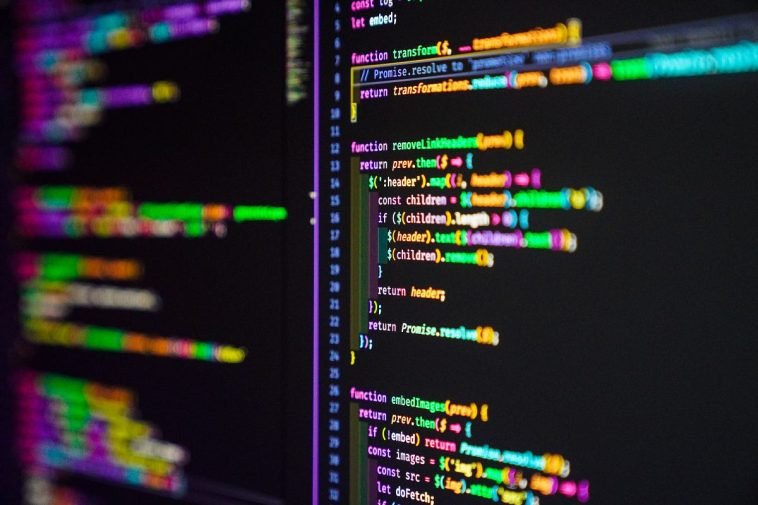Introduction.
With the increasing popularity of mobile gaming, ensuring that your Unity game performs well on the Android platform is crucial.
Proper testing allows you to identify and address any issues, optimize performance, and deliver a seamless gaming experience to your Android users.
Unity provides robust tools and features that streamline the testing process and allow developers to test their games directly on Android devices.
In this article, we will explore the step-by-step process of testing your Unity game on Android, covering various testing methods and considerations to ensure a successful deployment on the platform.
So, let’s dive into the world of Android game testing and discover how to thoroughly test your Unity game on this popular mobile platform!
I wrote a comprehensive guide on how to scale and make money online with Unity Game Engine, Check out the link to the article below to learn more.
- How To Make Money Online With Unity Game Engine [UPDATED]
- How To Create a Mobile Game On Unity
- How To Publish Unity Game To Google Play
- How To Create Games With Unity Engine
- How To Become a Game Developer and Make Money
- How To Share Your Unity Game
How Do I Test My Unity Game on Android?
Android, being one of the most popular mobile platforms, offers a wide user base for game distribution.
Testing your Unity game on Android devices is crucial to ensure a smooth and enjoyable user experience.
In this article, we will guide you through the process of testing your Unity game on Android, covering everything from setup to troubleshooting.
Step 1: Set up the Android Development Environment.
Before you can test your Unity game on an Android device, you need to set up the Android development environment. Follow these steps:
- Install Unity: Download and install the latest version of Unity from the official website.
- Install JDK (Java Development Kit): Unity requires JDK to build Android games. Install the JDK by downloading it from Oracle’s website and following the installation instructions.
- Set up Android SDK: Open Unity and navigate to Edit -> Preferences -> External Tools. Locate the Android section and click on “Download Android SDK.” Unity will install the necessary tools and packages.
- Connect Android Device: Connect your Android device to your computer using a USB cable and enable USB debugging in the device’s developer options.
Step 2: Configure Unity for Android.
Once your development environment is set up, you need to configure Unity to target Android devices:
- Open your Unity project and go to File -> Build Settings.
- In the Build Settings window, select Android as the target platform.
- Click on “Switch Platform” to set the platform to Android.
- Configure Player Settings: In the Build Settings window, click on “Player Settings.” Update the bundle identifier, company name, and other relevant information. Make sure to set the minimum API level based on your target audience.
- Adjust Graphics Settings: Optimize your game’s graphics settings for Android devices. Unity provides various quality levels and rendering options that you can customize based on performance requirements.
Step 3: Build and Run on Android Device.
With the Android platform configured, you’re ready to build and run your Unity game on an Android device:
- In the Build Settings window, click on “Build and Run.”
- Choose a location to save the APK (Android Package) file and click on “Save.”
- Unity will build the APK and launch it on your connected Android device automatically.
- Test Your Game: Play through your game on an Android device and thoroughly test its functionality, performance, and user experience. Pay attention to touch controls, screen resolutions, and overall performance.
Step 4: Troubleshooting.
If you encounter any issues while testing your Unity game on Android, here are a few common troubleshooting steps:
- Enable Developer Mode: Ensure that your Android device has developer mode enabled. Go to the device’s settings, navigate to “About Phone,” and tap on the “Build Number” seven times to unlock developer options.
- USB Debugging: Verify that USB debugging is enabled on your Android device. You can find this option in the developer options menu.
- Driver Issues: Install the appropriate USB drivers for your Android device on your computer. Check the manufacturer’s website for the necessary drivers.
- Unity Logcat: If your game crashes or encounters errors, use Unity Logcat to view the log output from your Android device. Unity Logcat provides valuable insights into runtime errors and exceptions.
I wrote a comprehensive guide on how to scale and make money online with Unity Game Engine, Check out the link to the article below to learn more.
- How To Make Money Online With Unity Game Engine [UPDATED]
- How To Create a Mobile Game On Unity
- How To Publish Unity Game To Google Play
- How To Create Games With Unity Engine
- How To Become a Game Developer and Make Money
- How To Share Your Unity Game
Conclusion.
Testing your Unity game on Android devices is an essential step in ensuring a successful release. By following the steps outlined in this guide, you can set up your development environment, configure Unity for Android, build and run your game on an Android device, and thoroughly test its functionality.
Identifying and resolving any issues during the testing phase will help you deliver a polished and enjoyable gaming experience to your Android users. Happy testing!
I wrote a comprehensive guide on how to scale and make money online with Unity Game Engine, Check out the link to the article below to learn more.






GIPHY App Key not set. Please check settings